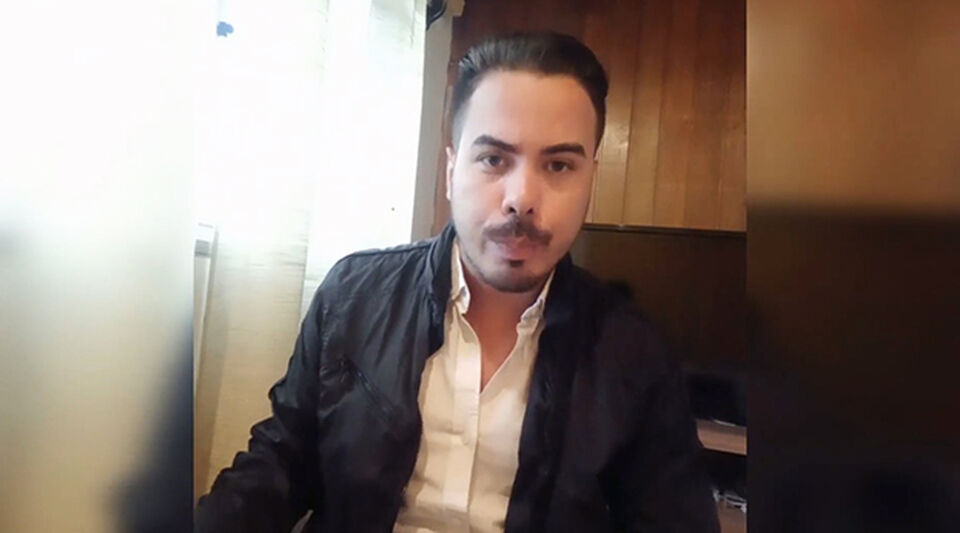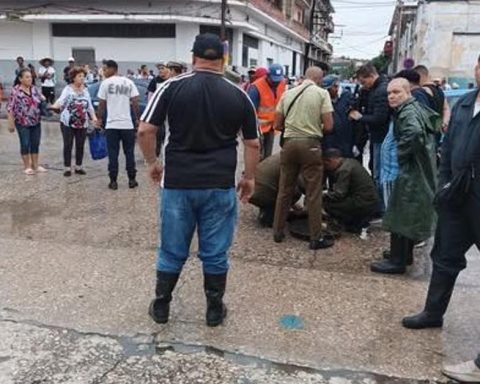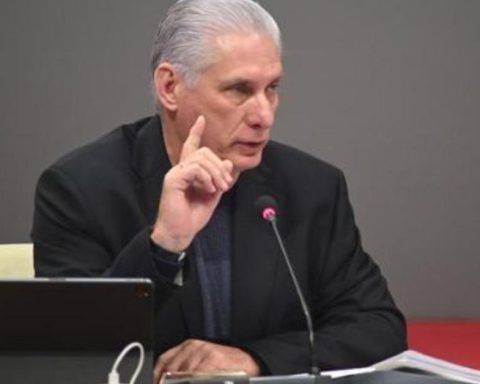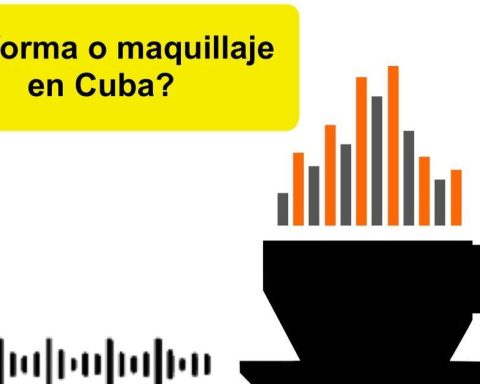(EFE).- The Cuban activist Magdiel Jorge Castro reported this Saturday that he left Bolivia after receiving a second expulsion order in which he is accused of inciting confrontation and discrediting the Bolivian ruling party, for which he launched harsh criticism of the government of Luis Arce.
Castro published on Twitter the second expulsion resolution issued by the National Directorate of Migration against him, in addition to a video in which he details the actions and arguments of the Bolivian authorities in his case.
“At this time I evidently had to leave the Bolivian State, first because my security is at risk and secondly because as of this expulsion order, no Cuban who is in Bolivia enjoys the freedom of expression to be able to issue criteria” , he said, without specifying what his new destination is.
The Cuban recalled that he received a first expulsion order on December 19 “due to an alleged disturbance of public order on social networks” and denounced that this decision was based on a non-existent clause in the Bolivian immigration law, which was exposed in the appeal that he presented.
Until now, the activism that I was doing was completely unknown to the Bolivian population. There was not a media outlet in Bolivia that knew
On December 22, the Bolivian immigration authorities notified him that the resolution “had been suspended” and that “all records” of it were eliminated.
But on December 29, he received a second expulsion order based on eight tweets that he published in which, according to Migration, he incites confrontation and makes “discrediting political propaganda” against President Arce, former president Evo Morales and the government Movement. to Socialism (MAS).
“Until now, the activism that I was doing was completely unknown to the Bolivian population. There was no media outlet in Bolivia that knew who Magdiel Jorge Castro was or her publications, there was no repercussion, there was no political propaganda, there was no incitement. some because there was no effect,” Castro said.
Therefore, he considered that his is an “obvious case of political harassment” and insisted that there was a “use of” Bolivian “institutions” by a foreign State, which “is interference.”
He expressed his desire that his complaint “serve as a precedent so that Cubans in any part of the world do not remain silent in the face of the regime’s atrocities.”
“It is absolutely shameful that you (Arce), a president elected by the people of Bolivia, put yourself under the orders of a dictator that no one elected and who has plunged my country into absolute misery and lack of individual liberties,” he said. the Cuban, addressing the Bolivian president.
He concluded by asking for “freedom for political prisoners” and expressed his hope that his denunciation “serves as a precedent so that Cubans in any part of the world do not remain silent in the face of the regime’s atrocities.”
Castro’s case was reviewed by the Bolivian Ombudsman’s Office, while the Ministry of the Interior (interior), on which Migration depends, justified the first expulsion decision at the time, arguing that “one cannot interfere in political matters of a country “.
Arce, a political ally of Cuban President Miguel Díaz-Canel, was on the island in December to attend the XXII Summit of Heads of State and Government of the Bolivarian bloc ALBA.
________________________
Collaborate with our work:
The team of 14ymedio He is committed to doing serious journalism that reflects the reality of deep Cuba. Thank you for accompanying us on this long road. We invite you to continue supporting us, but this time becoming a member of our newspaper. Together we can continue transforming journalism in Cuba.















